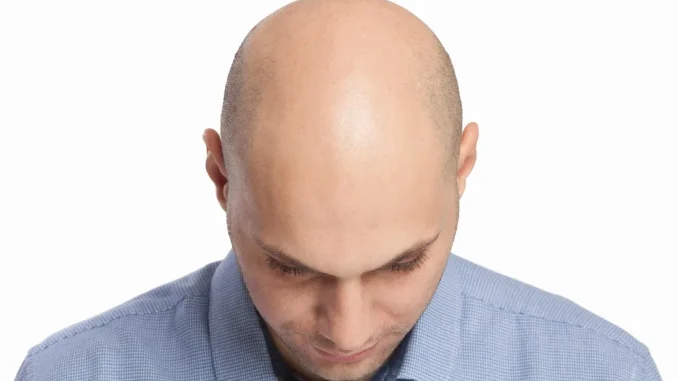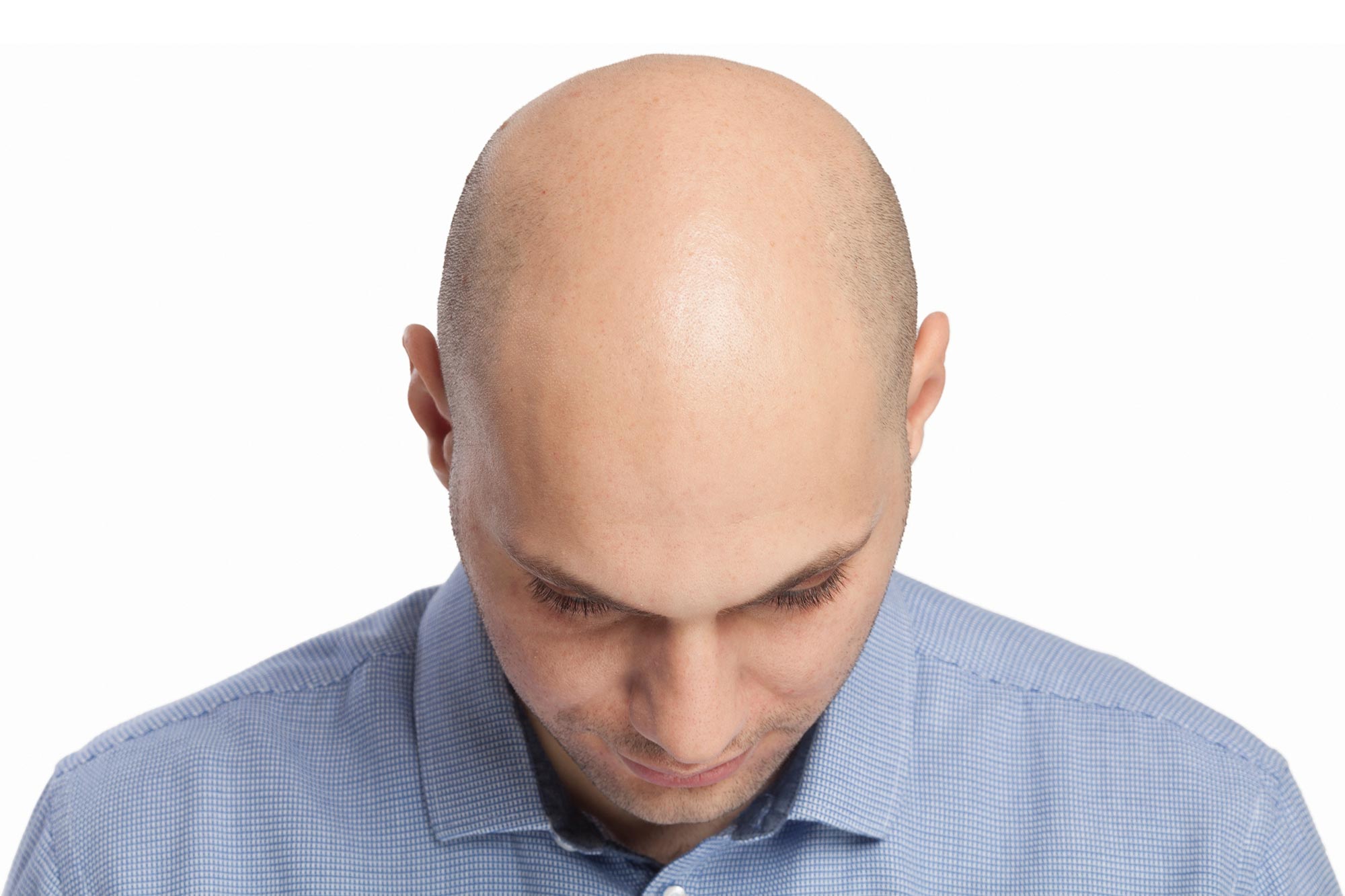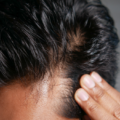

New research into factors that control the life and death of hair follicle cells could help people with baldness, as well as wound healing.
Discovery Could Help End Baldness and Speed Healing
Scientists have discovered that a single chemical is key to controlling when hair follicle cells divide, and when they die. This breakthrough could not only lead to effective treatment of baldness, but ultimately speed up wound healing because follicles are a source of stem cells.
In the human body, most cells have a specific form and function determined during embryonic development that does not change. A blood cell, for example, cannot turn into a nerve cell, or vice versa. However, stem cells are like the blank tiles in a game of Scrabble; they can turn into other types of cells.
Stem cells’ adaptability makes them valuable for repairing damaged tissue or organs.

Cross section of a hair follicle. Credit: UCR
“In science fiction when characters heal quickly from injuries, the idea is that stem cells allowed it,” said University of California, Riverside mathematical biologist and study co-author Qixuan Wang.
“In real life, our new research gets us closer to understanding stem cell behavior, so that we can control it and promote wound healing,” Wang said. This research is detailed in an article that was recently published in the Biophysical Journal.
In response to wounds, the liver and stomach regenerate themselves. However, Wang’s team of researchers studied hair follicles because they’re the only organ in humans that regenerates automatically and periodically, even without injury.
The scientists discovered how TGF-beta, a type of protein, controls the process by which cells in hair follicles, including stem cells, divide and form new cells, or orchestrate their own death — eventually leading to the death of the whole hair follicle.
“TGF-beta has two opposite roles. It helps activate some hair follicle cells to produce new life, and later, it helps orchestrate apoptosis, the process of cell death,” Wang said.
As with many chemicals, it is the amount that makes the difference in the outcome. If the cell produces a certain quantity of TGF-beta, it activates cell division. However, too much of it causes apoptosis.
No one is entirely sure why hair follicles kill themselves. According to some hypotheses, it is an inherited trait from animals shedding fur to survive hot summer temperatures or trying to camouflage.
“Even when a hair follicle kills itself, it never kills its stem cell reservoir. When the surviving stem cells receive the signal to regenerate, they divide, make new cells, and develop into a new follicle,” Wang said.
If researchers can determine more precisely the way TGF-beta activates cell division, and how the chemical communicates with other important genes, it might be possible to activate follicle stem cells and stimulate hair growth.
Because many animals, including humans, possess skin covered with hair, perfect wound healing would require the regeneration of hair follicles. Being able to more precisely control levels of TGF-beta could also one-day cure baldness, which bothers millions of people all over the world.
“Potentially our work could offer something to help people suffering from a variety of problems,” Wang said.
Reference: “A probabilistic Boolean model on hair follicle cell fate regulation by TGF-ß” by Katherine Dinh and Qixuan Wang, 16 June 2022, Biophysical Journal.
DOI: 10.1016/j.bpj.2022.05.035









Leave a Reply